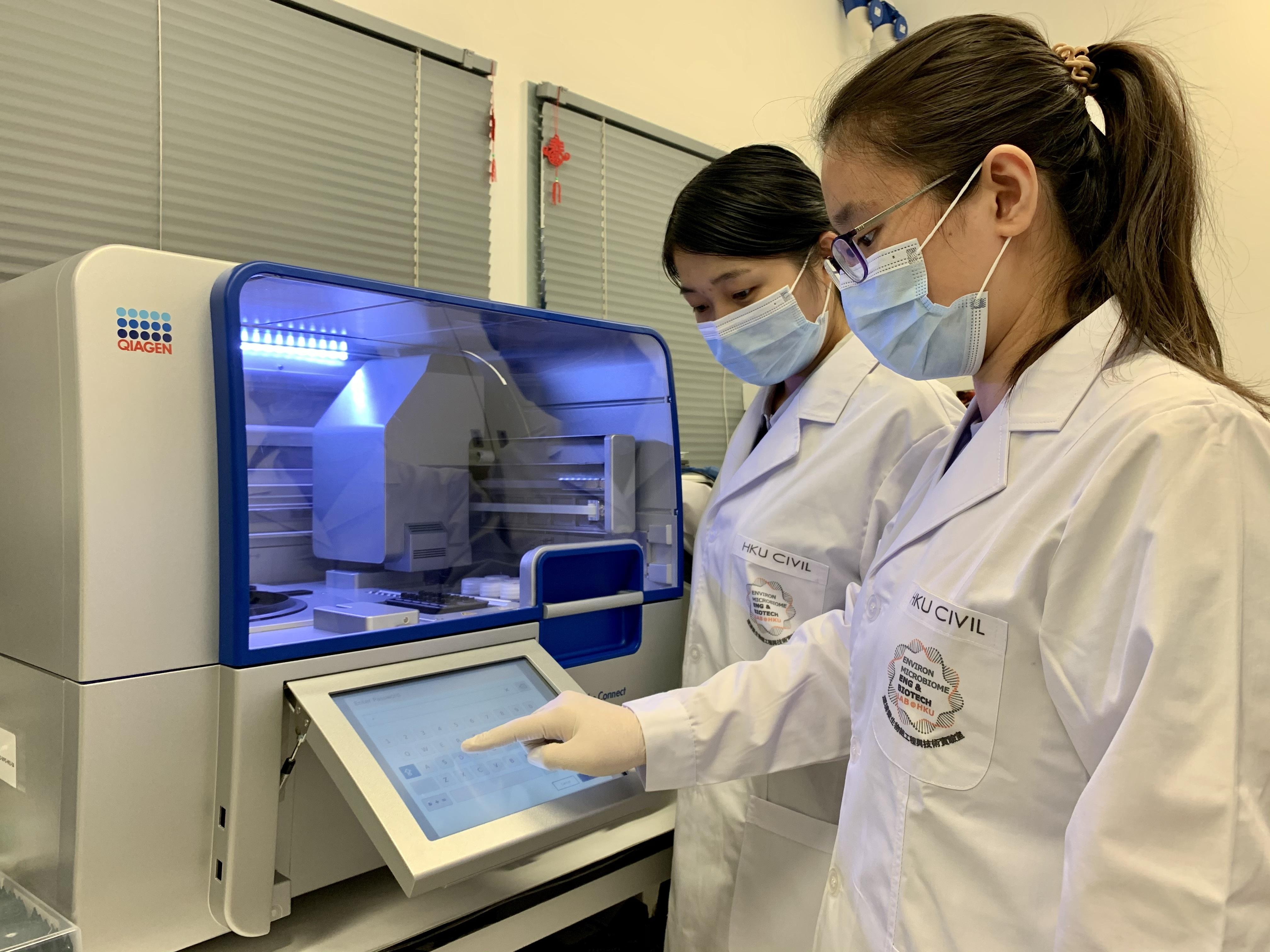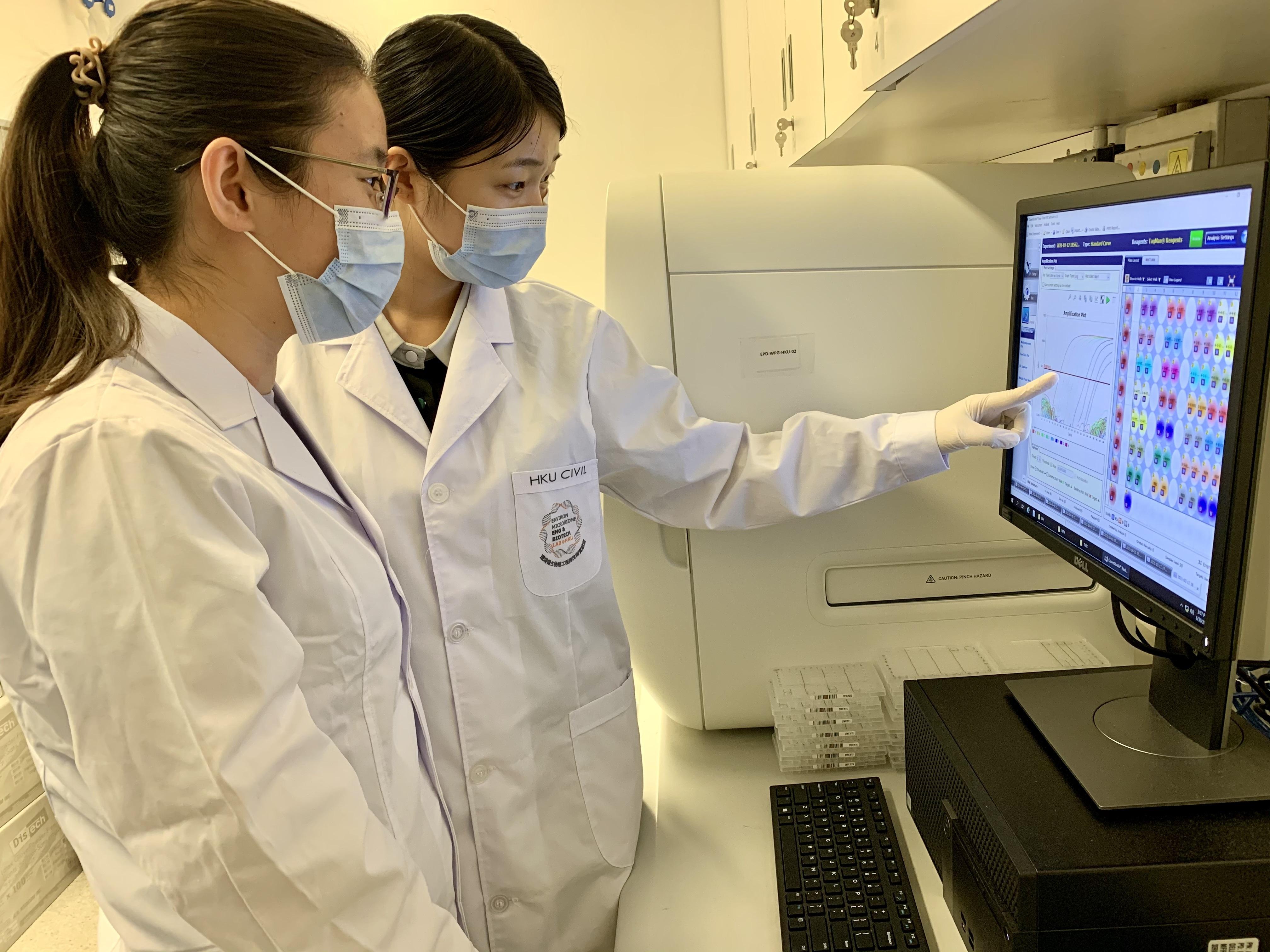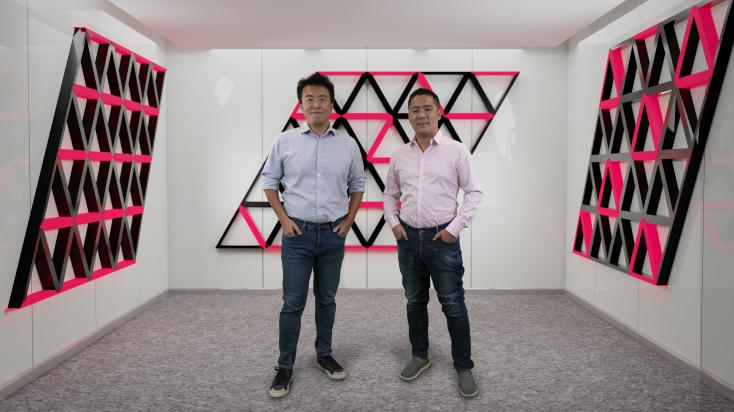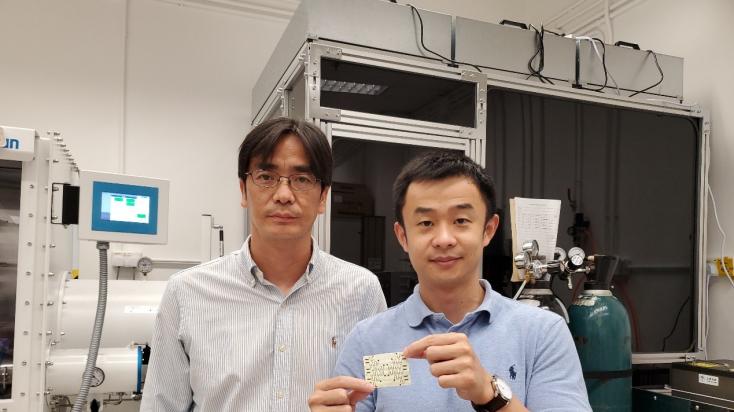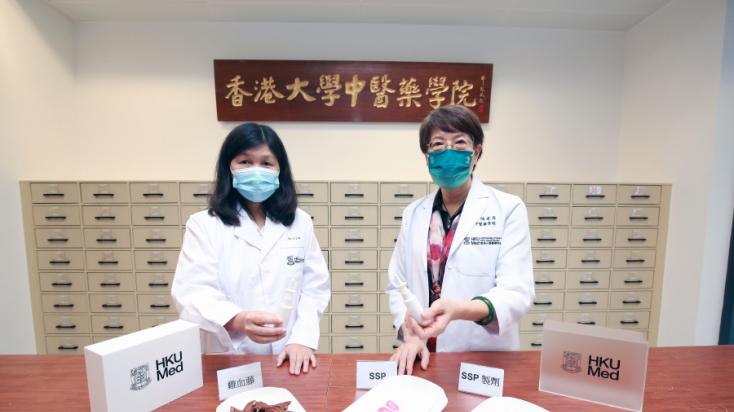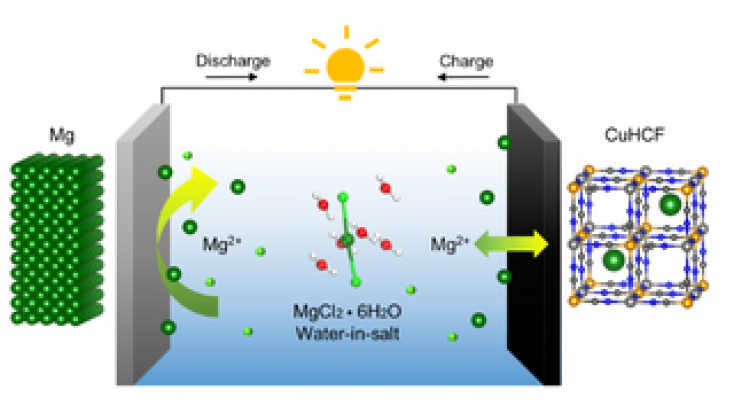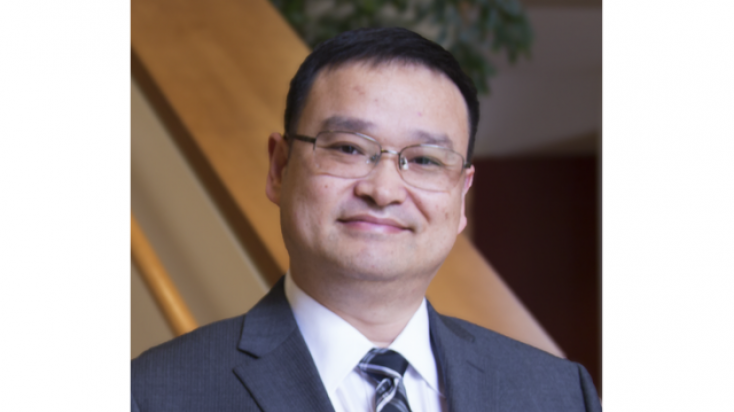In Hong Kong, the sewage monitoring technology developed by the HKU multidisciplinary team led by Professor Tong Zhang of the Department of Civil Engineering has been incorporated as one of the key components of the control strategy for fighting against COVID-19 since December 2020. The sewage test results have provided a basis for statutory public health action in identifying buildings and places for compulsory testing operations to discover infected individuals. The systematic routine sewage monitoring programme of EPD and DSD now covers over 100 regular sampling sites in Hong Kong, providing early warning signals of COVID-19 re-emergence for over five million people.
In light of the emerging highly transmissible SARS-CoV-2 variants worldwide, the team has recently developed an effective and rapid method for identification and quantification of different SARS-CoV-2 variants in sewage using allele-specific RT-qPCR based technology. With primer-probe sets designed by the team and published in the literature, the new method can detect multiple unique and specific mutation sites of different types of variants and identify the type of variants with a high level of accuracy. Compared with genomic sequencing, this method has a much shorter turn-over time (from at least two days reduce to a few hours) and can serve as a rapid screening of different variants for quick follow-up actions.
Recently, the team applied this new method and successfully identified the Delta variant (first identified in Indian) in a sewage sample collected on June 21, 2021 from Tai Po. The sewage test results served to alert the first introduction of the Delta variant in local community sewage one day before the case was being reported on June 23 through the clinical test, and three days before this case was confirmed as the Delta variant carrier by genomic sequencing in the afternoon of June 25.
Professor Zhang said: “EPD and DSD’s routine sewage monitoring programme is a powerful radar. SARS-CoV-2 virus signal had been identified in the late evening of June 21 in a sample taken at a regular site in Tai Po at that morning. Our team immediately tested the sample for SARS-CoV-2 variants using the newly developed method, and detected positive signals of L452R and other two mutations of the Delta variant in the afternoon of June 22.”
After checking the data, Professor Zhang reported it to the Government in the late afternoon of June 22 that “HKU's test results about the mutations using Allele-specific RT-qPCR indicated that it is Delta (Indian) variant with a very high probability.” The government then issued the Compulsory Testing Notice (due to sewage positive signal) in the afternoon of June 23, followed by the Restriction-Testing Declaration (due to the “preliminary positive” case) in the evening of the same day.
Professor Zhang further commented on the allele-specific RT-qPCR technology they used, compared with the virus genome sequencing method, and said: “The results of applying the new sewage testing method for variants is very encouraging, proving that it is possible to use the allele-specific RT-qPCR technology for rapid detection of variant types in sewage. Needless to say, the genome sequencing of patients is still needed for transmission analysis in the later stage.”
The current practice of the sewage surveillance in Hong Kong has clearly demonstrated its significant role in the fight against COVID by providing early warning signals of COVID-19 outbreak, monitoring of estates with infection clusters, and tracking the development trend of the community outbreak.
With the collation of more comprehensive data in the past months, the research team is working together with the Government on choosing a more suitable sewage sampling time, simplifying the sample pre-treatment procedure, increasing the sampling and testing capacity, developing new methods for variants, and integrating clinical/ epidemiological data, to further develop the sewage surveillance system into a more powerful tool to facilitate decision-making in fighting the SARS-CoV-2. Such systems will also be useful as a part of the future smart city to protect people from known pathogens and emerging pathogens. Professor Zhang added: “Sewage may tell the health of a city, and we are learning how to listen to it.”
Source: https://www.hku.hk/press/press-releases/detail/22978.html

